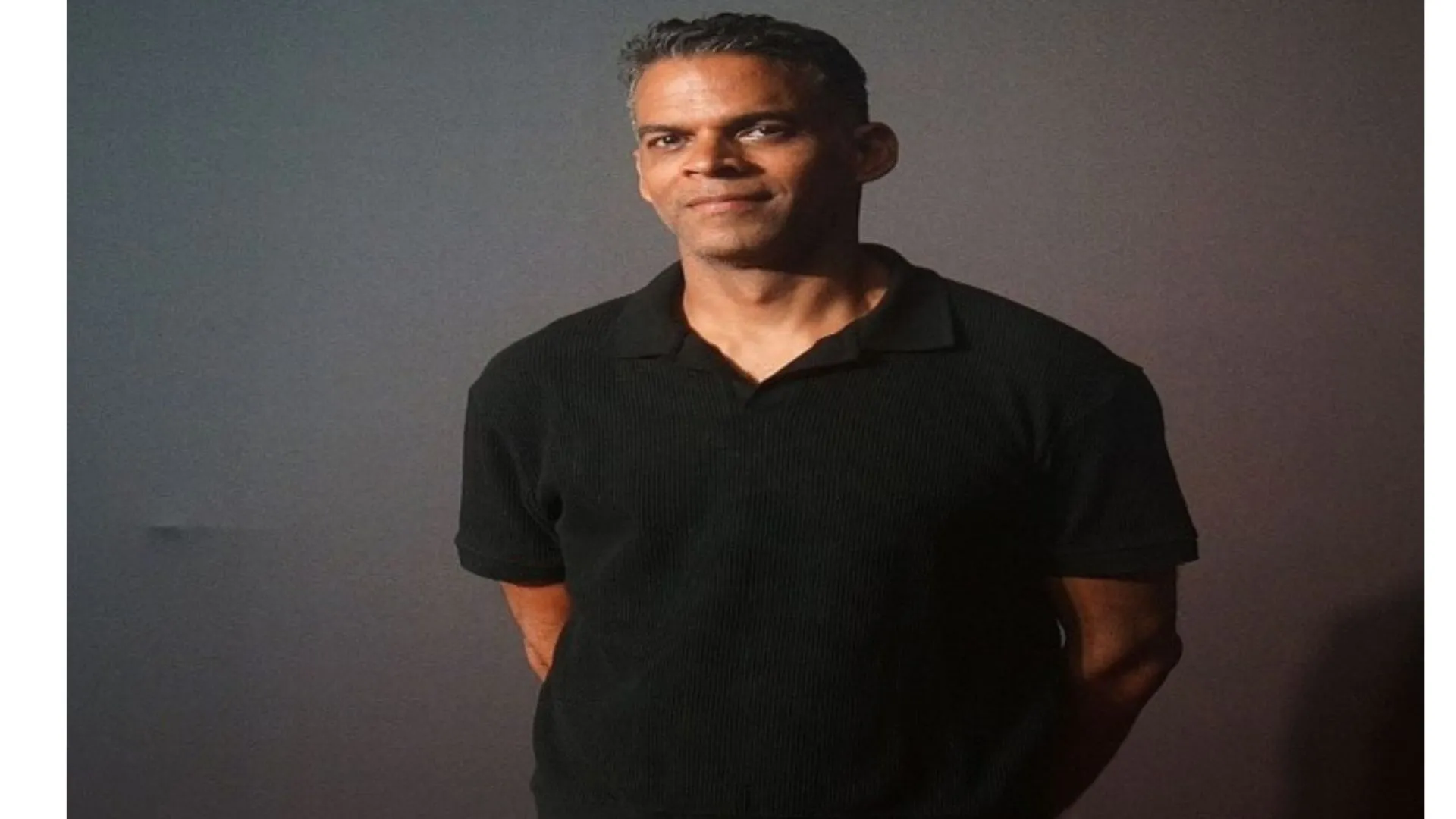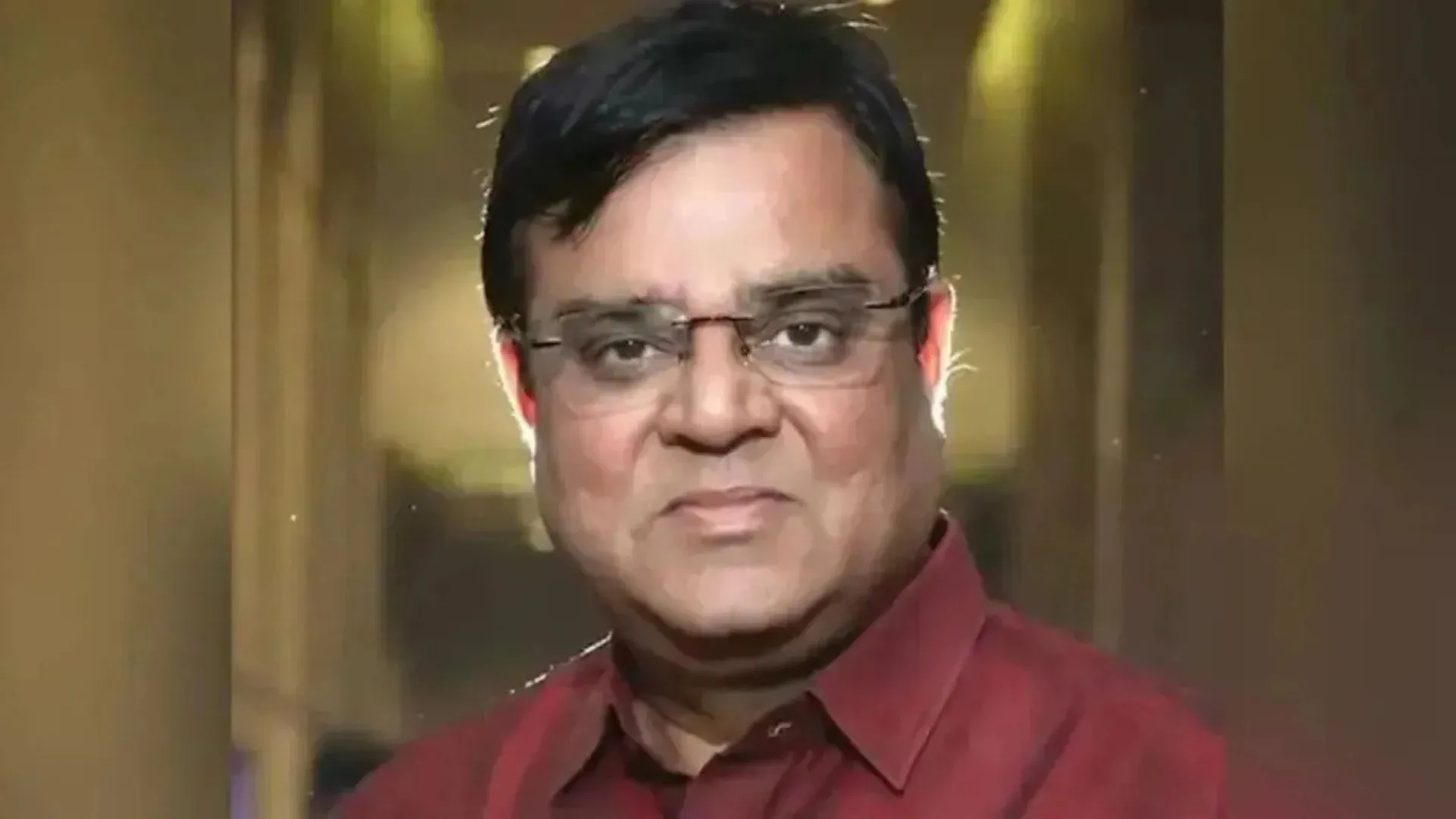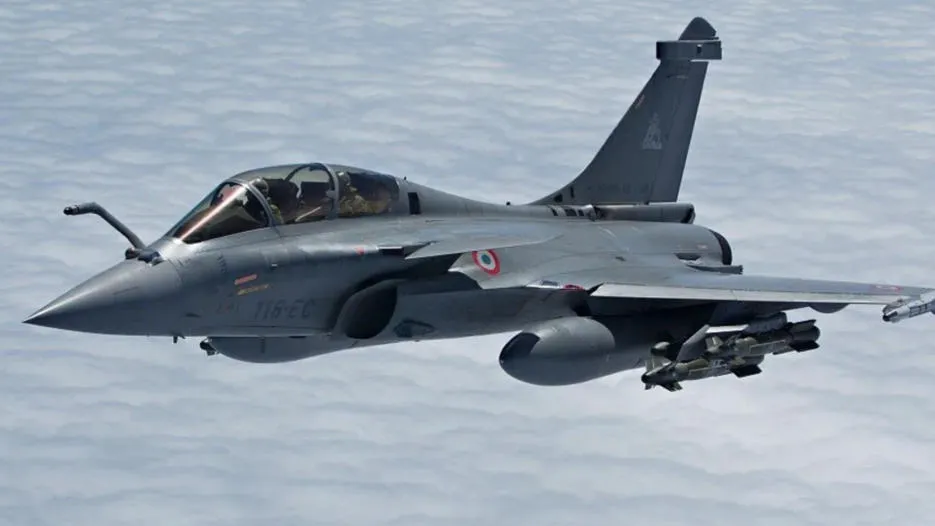Vikramaditya Motwane, the critically acclaimed filmmaker known for his indie triumphs and socially conscious storytelling, now finds himself at the center of an uncomfortable off-screen narrative. An anonymous whistleblower’s article, currently making quiet waves online, points to what some insiders describe as a pattern where Motwane’s celebrated principles seem to have an expiry date calibrated to his own convenience.
While he has long been hailed as a champion of ethics and artistic integrity, industry observers suggest that Motwane’s moral compass tends to align with public perception, not necessarily with accountability. Behind the polished veneer of idealism, his loyalties, it seems, are a matter of timing.
Consider the case of Pratik Shah, the cinematographer on Motwane’s most recent project “CTRL”, starring Ananya Panday. Allegations of sexual misconduct against Shah reportedly surfaced discreetly within the film circuit. Rather than addressing the issue transparently, sources claim Motwane chose to quietly contain the situation, avoiding public confrontation. But as pressure began to build, Shah was silently removed from Motwane’s next big venture, the highly anticipated Sourav Ganguly biopic. No official explanation. No public acknowledgment. Just another exit, quietly orchestrated and impeccably timed.
This isn’t the first time Motwane’s well-timed disengagement has drawn attention. Back when he co-founded Phantom Films, his involvement in handling allegations against fellow partner Vikas Bahl raised similar eyebrows. At the time, an internal committee quickly absolved Bahl of wrongdoing, but industry insiders soon discovered that the committee was headed by none other than Motwane’s own mother, Dipa Motwane. Once Phantom dissolved and Vikramaditya had safely exited with a profitable settlement, he suddenly found his moral voice, issuing public statements denouncing Bahl and appearing to distance himself from his embattled colleague. His outrage seemed curiously delayed, surfacing only when his reputation was securely and smartly made intact.
Now, many in the industry believe history is quietly repeating itself. Those close to the matter suggest that Motwane initially tried to shield Pratik Shah but began executing quiet exits as scrutiny became unavoidable, carefully preserving his image as a progressive, feminist filmmaker.
Across his career, this strategic sense of timing has emerged as Motwane’s signature, not just in his cinema, but in his crisis management. He seems to possess an uncanny ability to know “exactly when to stand beside someone and when to walk away.”
Vikramaditya Motwane continues to be widely admired for his filmmaking craft and his humanist worldview. But a growing chorus now questions whether his “behind-the-scenes” moves reveal a different story, one where loyalty is conditional and personal allegiances expire the moment they begin to cast a shadow on his carefully maintained credibility.























